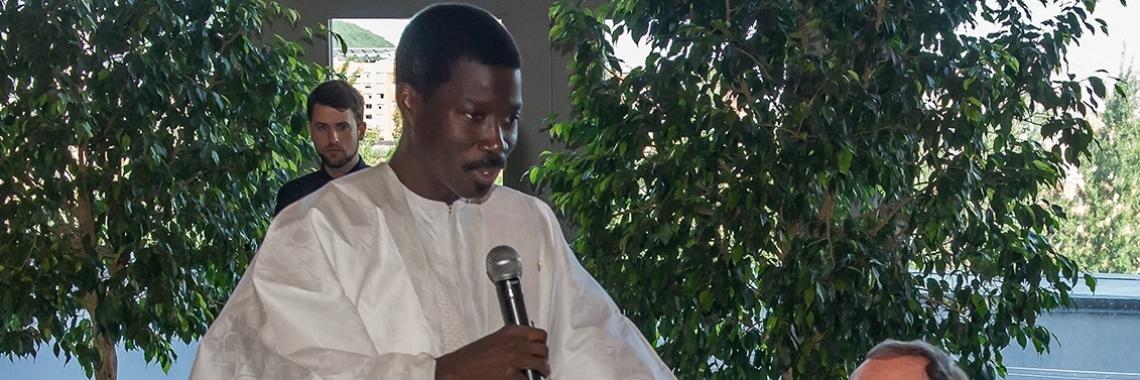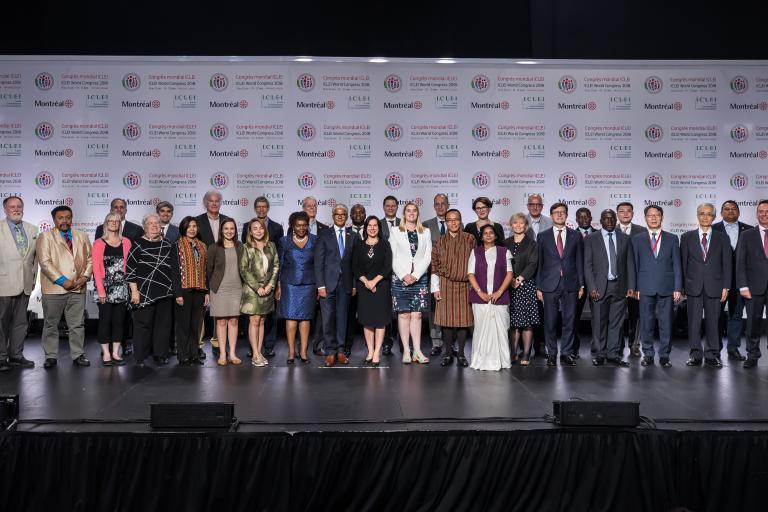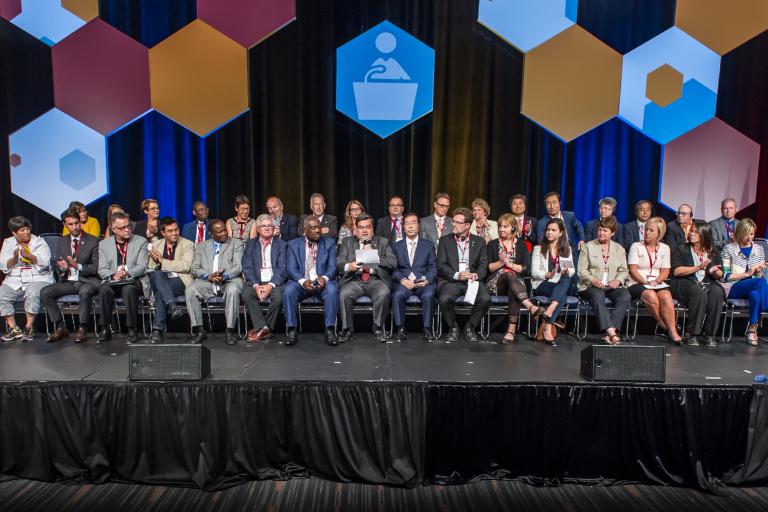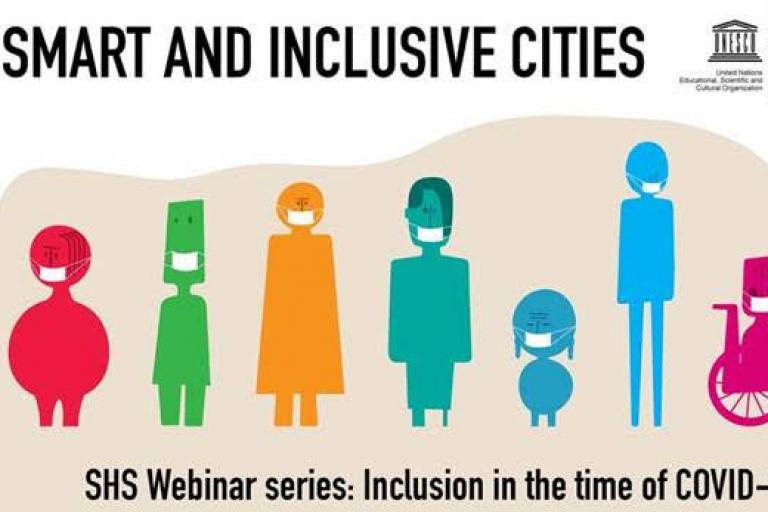
Interview: Talla Sylla, Mayor of Thies
What are the main issues related to “Living Together” in Thies?
Talking about living together means talking about inclusion. We realize that, in our cities and in our country, there are many children who are excluded. These are children who have the sky as a roof; they have a sand bed, they sleep in the open air, and they are often abused. They are excluded from houses, excluded from schools, excluded from the health system and, I would say, “excluded from their own childhood.” (Note: between 30,000 and 40,000 children live, sporadically or permanently, in the streets of Thies).
This is unacceptable. I think that no society can hope to move forward, develop and strengthen itself without addressing this challenge. This issue is everybody’s concern. All our institutions and the international community should be concerned by this issue, which should be addressed as fast as possible, in the most responsible and serious manner.
That is why, in Thies, I made child protection a theme of my term in office. In Thies, the city council and the city staff, with the collaboration of all community stakeholders involved in this topic, we are committed to eradicating this phenomenon. We are working to achieve it by 2020.
Which specific actions are you implementing in order to address this issue?
We are working on a specific project we call "Keur Xaleyi", which means the “children’s home." This centre will initially accommodate children, and it will support, educate, and protect them. Apart from the building, which will be a child care centre, we will also develop strategies that will help to reconnect these children with their families of origin or with a foster family.
First, we can accommodate children in this "house," where there will be a team in charge of looking after their health. A special team will conduct the necessary investigations to find out where these children come from and why they live on the streets, how to prevent this and how to bring them home. In order to do this, we must act on the root causes before the issue arises.
If we can’t find the family, we will work with these teams to find a foster family that can take care of the child. Together with our partners, we can help these host families, like foster care systems in the United States and Canada do (note: "Foster Families").
As Mayor of Thies, what message would you like to send regarding this issue?
Today, in the current context of insecurity, preventing the spread of this phenomenon should be everyone’s concern. It is a matter of insecurity for children as well as for our society. We are committed to protecting and preserving the rights of children. We believe that everyone should be part of working towards a solution. We appeal to all people of Canada and institutional leaders of the international community, to our own authorities, in our city, in the country, in the world, so the phenomenon of street children can be supported by all possible means.




